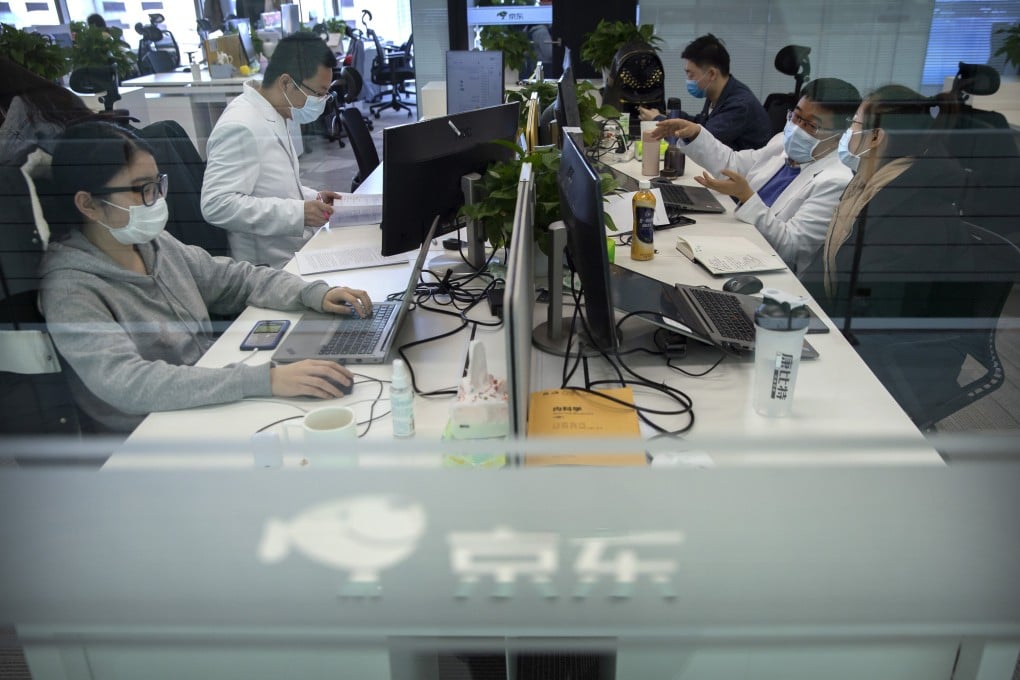JD Health makes an US$3 billion IPO appointment in Hong Kong for later this year
- The healthcare retail arm of JD.com was last valued at US$12 billion in August
- Online healthcare operators’ shares have soared amid the coronavirus pandemic

JD Health, the healthcare arm of e-commerce giant JD.com, is looking to raise up to US$3 billion via an initial public offering in Hong Kong later this year, according to people familiar with the process.
The Beijing-based online and offline healthcare retail group was last valued at around US$12 billion in August by investors. The company is still a relatively young unicorn, carved out of JD.com only last year.
JD Health is looking to file a listing application to the Hong Kong exchange this month and targeting an IPO as early as December, said two of the people familiar who were not authorised to speak about the transaction as it is not yet public.
JD Health’s IPO has hired investment bankers at Bank of America, China Renaissance, Haitong International and UBS to advise it on the share sale. The banks were not immediately available for comment or declined to comment.

03:07
Hong Kong’s Covid-19 mass testing ends with at least 42 carriers found among 1.78 million people
In China, many patients still buy pharmaceutical products from hospital dispensaries but that is gradually changing as the government encourages the private sector to carry more of the burden. JD Health sells a range of products, such as supplements, medical supplies, contact lenses, across China.